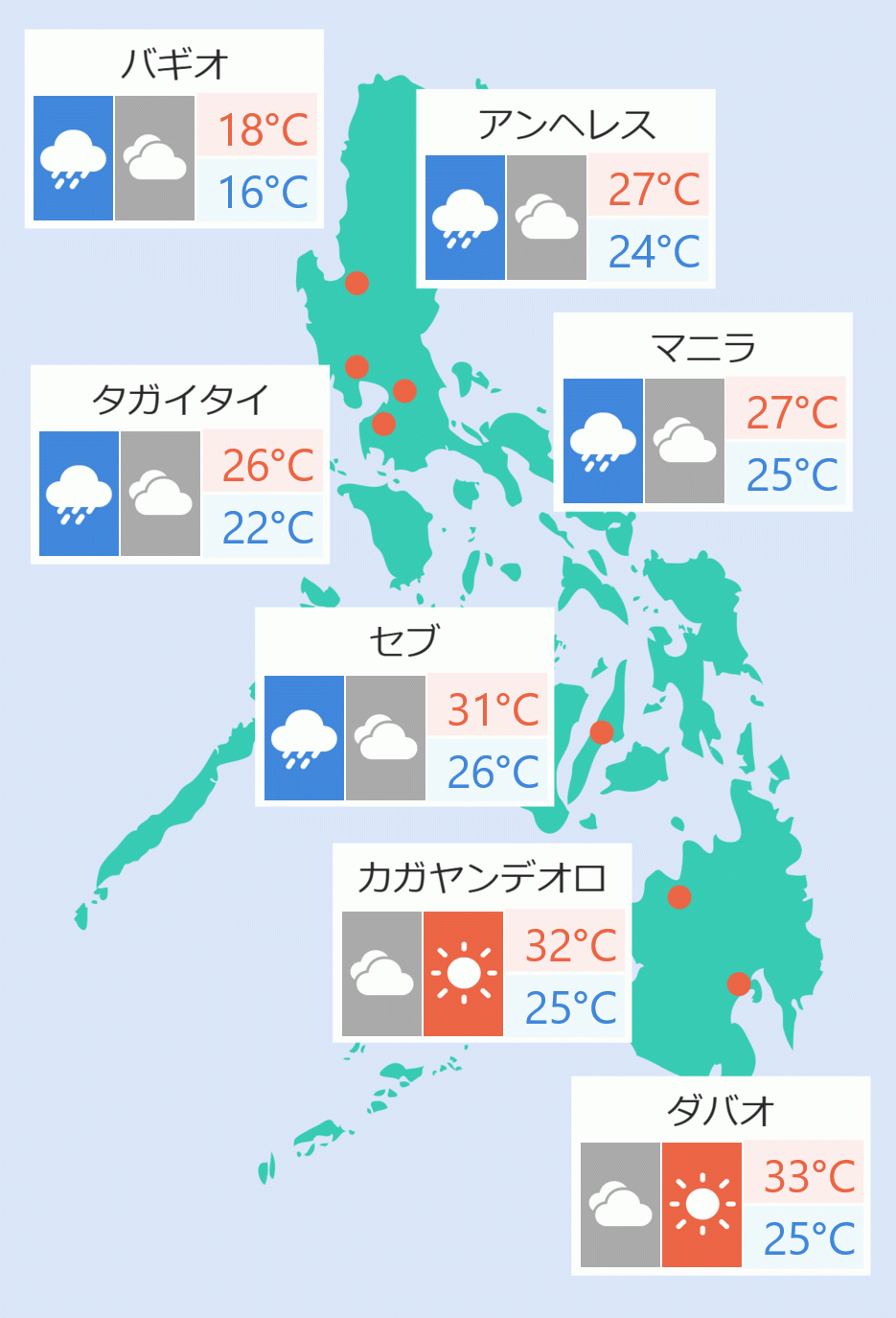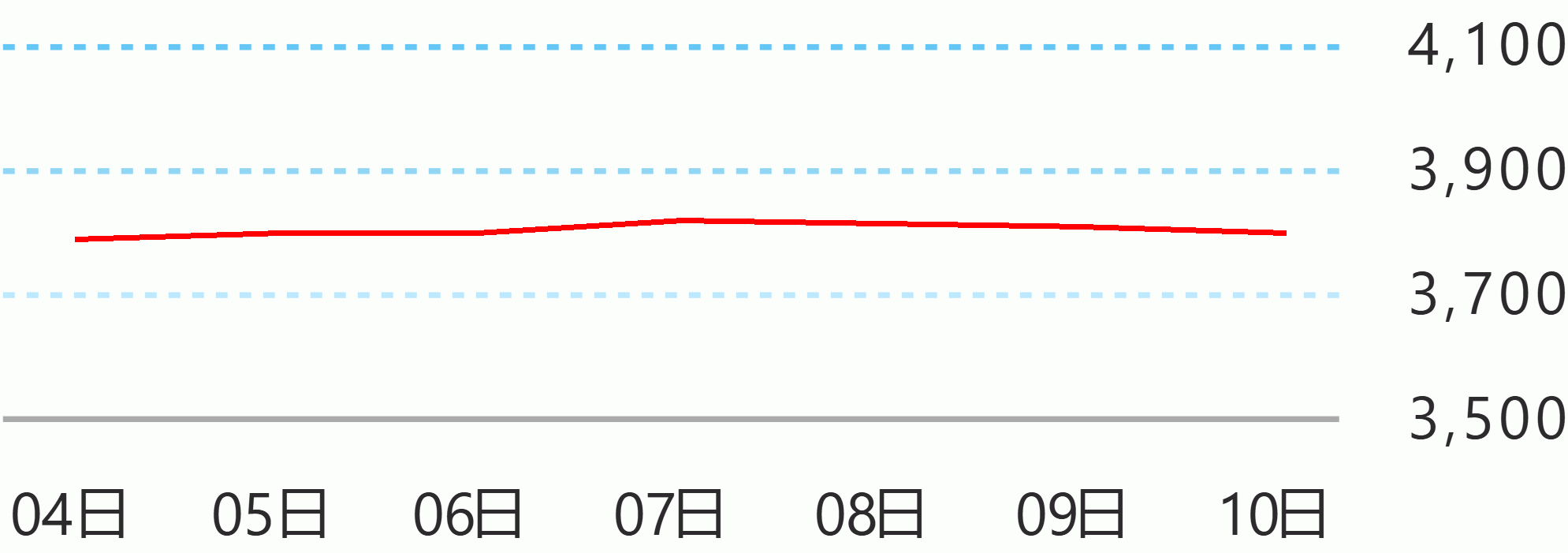The 10 members of the Association of Southeast Asian Nations (ASEAN) and six other countries have been eyeing the conclusion of the Regional Comprehensive Economic Partnership (RCEP) Agreement by next year, a Philippine official said on Tuesday.
In a press briefing in Singapore at the sidelines of the 33rd ASEAN Summit and Related Summits, Trade and Industry Secretary Ramon Lopez said seven chapters out of 18 of the agreement have been concluded.
These include Customs Procedures and Trade Facilitation (CPTF); Government Procurement (GP); Institutional Provisions; Sanitary and Phyto-Sanitary (SPS) Measures; Standards, Trade Regulations, and Conformity Assessment Procedures (STRACAP); Small and Medium Enterprises (SME); and Economic and Technical Cooperation (ECOTECH).
"It's only now that we can say that we are at the final stage (of the negotiation)," he said.
"Everybody can expect the conclusion next year. That's the target for the conclusion of RCEP," Lopez said.
He said the actual conclusion could be "the same time next year, around November next year when our leaders meet again."
Thailand will be the host of the ASEAN Summit next year.
The parties to the RCEP include the 10 ASEAN member states, namely Brunei Darussalam, Cambodia, Indonesia, Lao PDR, Malaysia, Myanmar, Philippines, Singapore, Thailand, and Viet Nam; and Australia, China, India, Japan, Republic of Korea, and New Zealand.
Once RCEP is concluded, Lopez said about 92 percent of the Philippine tariffs are included in the liberalization. Similar to other countries, the products, which are usually being excluded or whose liberalization has been delayed, are the agriculture products, such as rice and sugar.
The Philippine government expects to have increases in trade in goods by 15 percent, services by 6 percent, and investment by 12 percent under the RCEP, Lopez said.
President Rodrigo Duterte and his counterparts in ASEAN and six other partners are set to hold a meeting on RCEP at the sidelines of the ASEAN Summit in Singapore. Celerina Monte/DMS





 English
English









